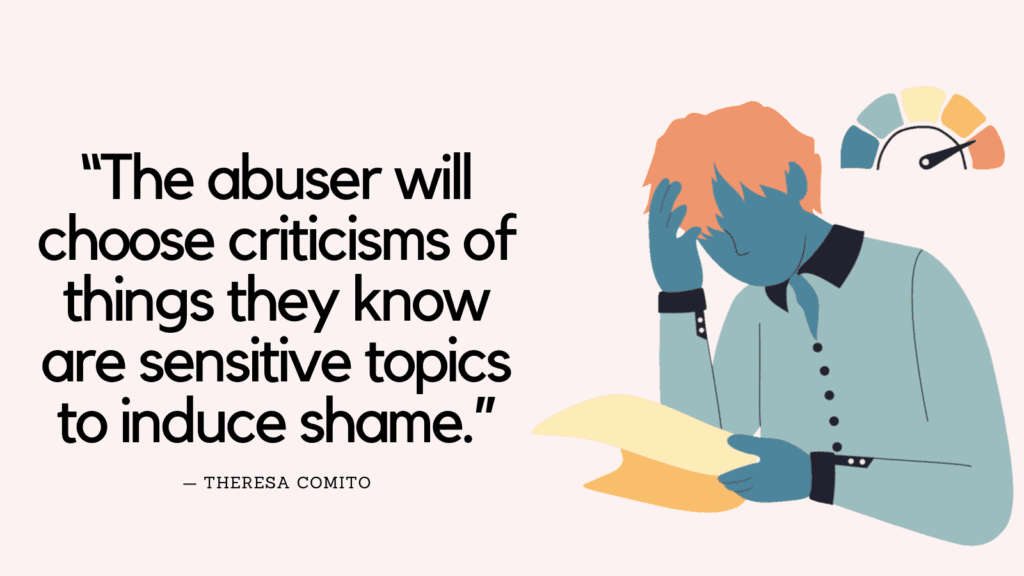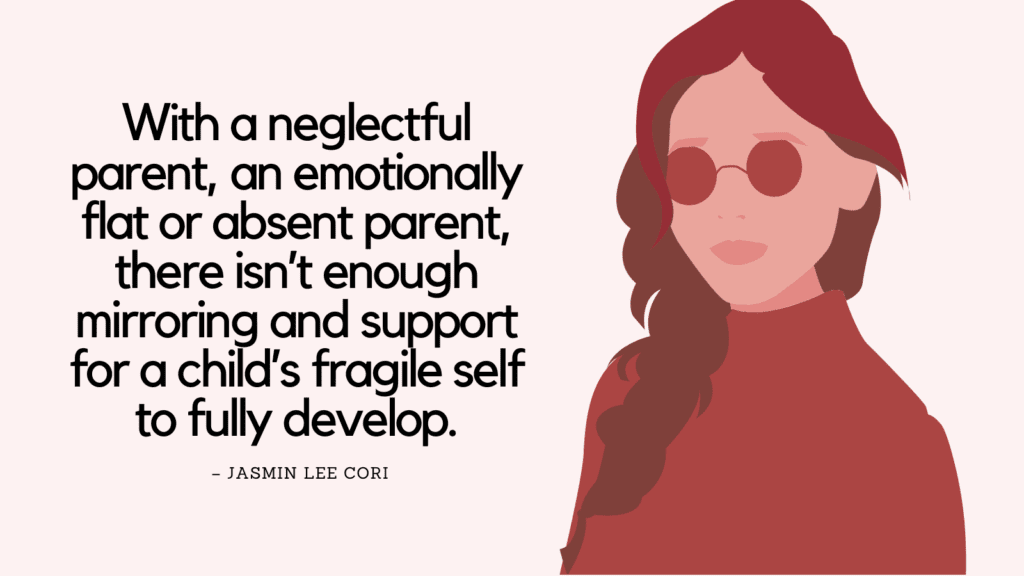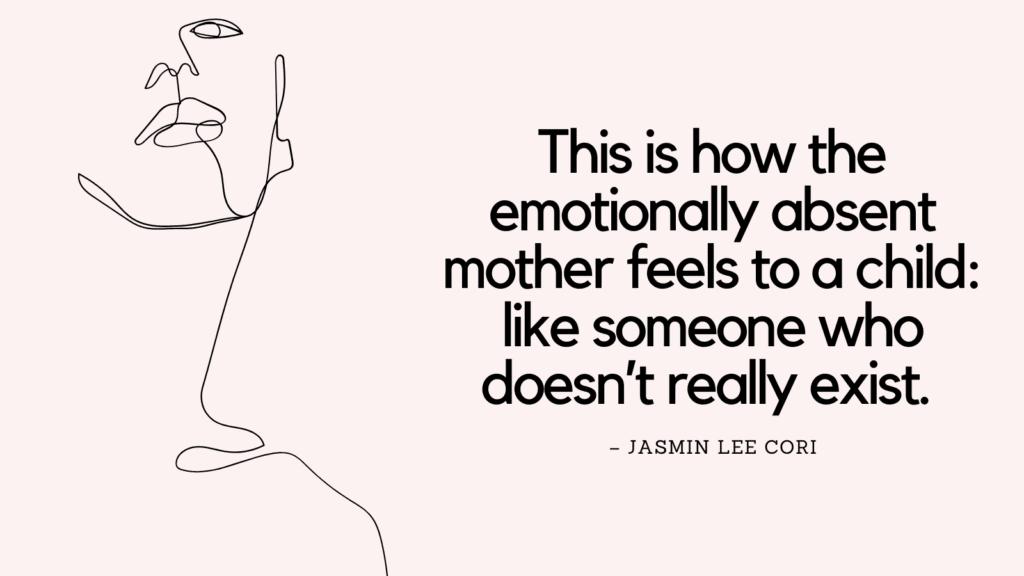This post contains some of the best when someone criticizes you quotes.
When Someone Criticizes You Quotes
1. “Emotional abuse includes any nonphysical behavior—both overt and covert tactics—that occur as a pattern over time. These tactics include criticism (insults, name-calling, infantilization), hostility (yelling, silent treatment, verbal aggression), intimidation (posturing, threats), humiliation (using what they know about you to embarrass you), and harassment (persistent, repetitive demands).”— Theresa Comito
2. “In the long-term, such an environment erodes the victim’s sense of selfworth and self-esteem. Self-confidence is shaken badly.”— Sam Vaknin
3. “You may find yourself still struggling to shake off your gaslighter’s criticisms and character assaults. If you find self-compassion hard to manage, that’s okay. Start by speaking your intention to become kinder to yourself.”— Amy Marlow-McCoy
4. “The abuser may be demanding and angry, or may offer more gentle “helpful suggestions.” They may embed criticism in these demands, or you may notice over time that when you don’t take their suggestions, there are consequences.”— Theresa Comito
5. “If your supervisor criticizes some piece of work, remind yourself after she has left, “She is not my mother, and I am no longer a child.” If a coworker begins to expect you to do too many favors or cover for him at work, tell yourself, “We are both employees. He is not my brother, and I don’t need to make up excuses for him. It’s not fair to myself or my employer.””— Gregory L. Jantz
6. “During the devaluation and discard phases, the narcissist will often invalidate and criticize your emotions, and displace any blame of his or her abuse as your fault.”— Shahida Arabi
7. “An abusive person perceives your spending time with friends and family as a threat and can work to isolate you from them. They may begin this process by criticizing or devaluing your relationships with your friends and family.”— Theresa Comito
Related: What Causes Cognitive Distortions? (+Top 10 Common Cognitive Distortions & How To Challenge Them)
8. “To understand the difference between a partner who provides you constructive criticism or simply disagrees with you and a partner who routinely projects their own qualities and gaslights you, look closely at their actions rather than their words. Does it appear that the person you are dating often accuses you of the same characteristics, traits or actions that they themselves seem guilty of committing? Do they call you a hypocrite when they are the ones who often contradict their proposed beliefs? When you call them out on being rude, do they bring up something irrelevant you did in response, in order to shift the topic back to you instead?”— Shahida Arabi
9. “A survivor who has been criticized for her appearance may find more solace in replacing his or her rumination with something small like, “I am imperfect, but imperfection is beautiful,” rather than right away saying, “I am so beautiful” without any belief in it. Assess where you’re at and what you feel most comfortable saying—don’t force yourself into extremes if you’re not ready for them.”— Shahida Arabi
10. “An abusive person in your life may choose to criticize things that you feel good about or proud of, and either directly or indirectly diminish your accomplishments and you in the process.”— Theresa Comito
11. “Continue sending love to the parts hurt by the criticism you have internalized. Send love to your inner critic—the part of you that has remembered these messages—so that you’ll never be hurt again.”— Amy Marlow-McCoy
12. “By invalidating the survivor’s experience, these people are defending an image of themselves that they identify with strength, not realizing that abuse survivors are often the strongest individuals out there. They’ve been belittled, criticized, demeaned, devalued, and yet they’ve still survived. The judgmental ones often have little to no life experience regarding these situations, yet they feel quite comfortable silencing the voices of people who’ve actually been there.”— Shahida Arabi
13. “Criticism can include belittling, making you the butt of jokes in front of others, or disregarding or ignoring your feelings and opinions. An abuser may remind you of past mistakes and failures, and then accuse you of being oversensitive and overreacting.”— Theresa Comito
14. “Nobody should be trying to “change” you immediately when they’re just getting to know you, and if they are, this is a recipe for chaos. These provocative comments might be disguised as constructive criticism or “just jokes,” but you can distinguish them because they are often comments laced with condescension rather than compassion and consideration.”— Shahida Arabi
Related: How To Stop Self-Critical Thoughts Using These Top 10 Techniques
15. “The difference between constructive criticism and destructive criticism is the presence of a personal attack and impossible standards. These so-called “critics” often don’t want to help you improve, they just want to nitpick, pull you down and scapegoat you in any way they can.”— Shahida Arabi
16. “The abuser will choose criticisms of things they know are sensitive topics to induce shame.”— Theresa Comito
17. “Name-calling can also be used to criticize your beliefs, opinions and insights. A well-researched perspective or informed opinion suddenly becomes “silly” or “idiotic” in the hands of a malignant narcissist or sociopath who feels threatened by it and cannot make a respectful, convincing rebuttal.”— Shahida Arabi
18. “The tendency toward perfectionism and self-criticism can result in overidentification with perceived mistakes.”—Theresa Comito
19. “The devaluation phase is subsequent to this idealization phase, and this is when you’re left wondering why you were so abruptly thrust off the pedestal. The narcissist will suddenly start to blow hot and cold, criticizing you, covertly and overtly putting you down, comparing you to others, stonewalling you, emotionally withdrawing from you and giving you the silent treatment when you’ve failed to meet their extreme “standards.””— Shahida Arabi
Related: How To Do Thought Work In 3 Simple Steps
20. “Our need for belonging, for a safe place, for a home, is hugely distorted by the experience of having a narcissistic parent present”— Shahida Arabi
21. “Any encounter with a narcissist is most likely about them, and never about you. In order to identify and reject these attacks, you should understand your self-worth, believe in yourself, and shun any criticism that they might level against you.”— Maria Shahida
22. “Growing up in an atmosphere of constant negativity and criticism is not obvious abuse, yet it does great damage.”— Maria Shahida
23. “Research confirms that self-criticism puts us at risk for depression. It becomes even more important in your recovery from abuse to recognize the absolute necessity to treat yourself with loving-kindness—the same loving-kindness we reserve for those people in our lives we hold most dear.”—Theresa Comito
24. “You might end up constantly criticizing yourself, thinking that you should have done better in other areas that you have control over. It’s easier to label things as either positive or negative because that’s the only control that you’ve ever had. Your ability to reason can be skewed as you grow because you weren’t given the chance to fully develop.”— Maria Shahida
25. “The inner critic is the criticizing voice inside your head shaped by the attitude of the narcissistic parent. Once you understand how damaging it is you can change it by catching it as it tries to put you down and consciously changing the message to a positive and caring one.”—Maria Shahida
Related: Negative Core Beliefs List (& 8 Tips On How To Challenge Them)

How to Set Boundaries With an Abuser?
Setting boundaries with an abuser is a complex and challenging task.
It is important to prioritize your safety and well-being throughout this process. Here are some steps to consider:
1. Assess Your Safety
Before setting boundaries, assess the level of danger involved.
If you believe the situation is unsafe or could escalate, it may be necessary to prioritize immediate safety and seek support from local authorities, helplines, or a trusted person in your life.
2. Educate Yourself
Learn about abusive behavior patterns and dynamics to better understand what you are dealing with.
This knowledge can help you develop strategies for self-protection and boundary-setting.
Related: How To Set Boundaries With A Narcissist?
3. Seek Support
Reach out to a therapist, counselor, or support group that specializes in abuse or trauma.
They can provide guidance, validation, and assistance in navigating this challenging situation.
Do not hesitate to lean on trusted friends and family members as well.
4. Clarify Your Boundaries
Determine what behaviors and actions are unacceptable to you.
Write down clear, specific boundaries that you want to establish in your relationship with the abuser.
5. Communicate Assertively
When discussing boundaries, use assertive communication techniques.
Clearly and calmly express your boundaries without blaming or attacking the abuser. Be firm and consistent.
Related: Top 25 Tips On How To Set Boundaries In A Toxic Relationship? (+FREE Worksheets PDF)
6. Reinforce Boundaries
Consistently reinforce your boundaries by following through with consequences if they are violated.
This might mean creating physical distance from the abuser, limiting contact, or seeking legal protection if necessary.
7. Develop a Safety Plan
In situations where abuse is ongoing, it is crucial to have a safety plan in place.
This might include identifying safe spaces, having emergency contact numbers readily available, and considering the possibility of seeking temporary shelter if needed.



